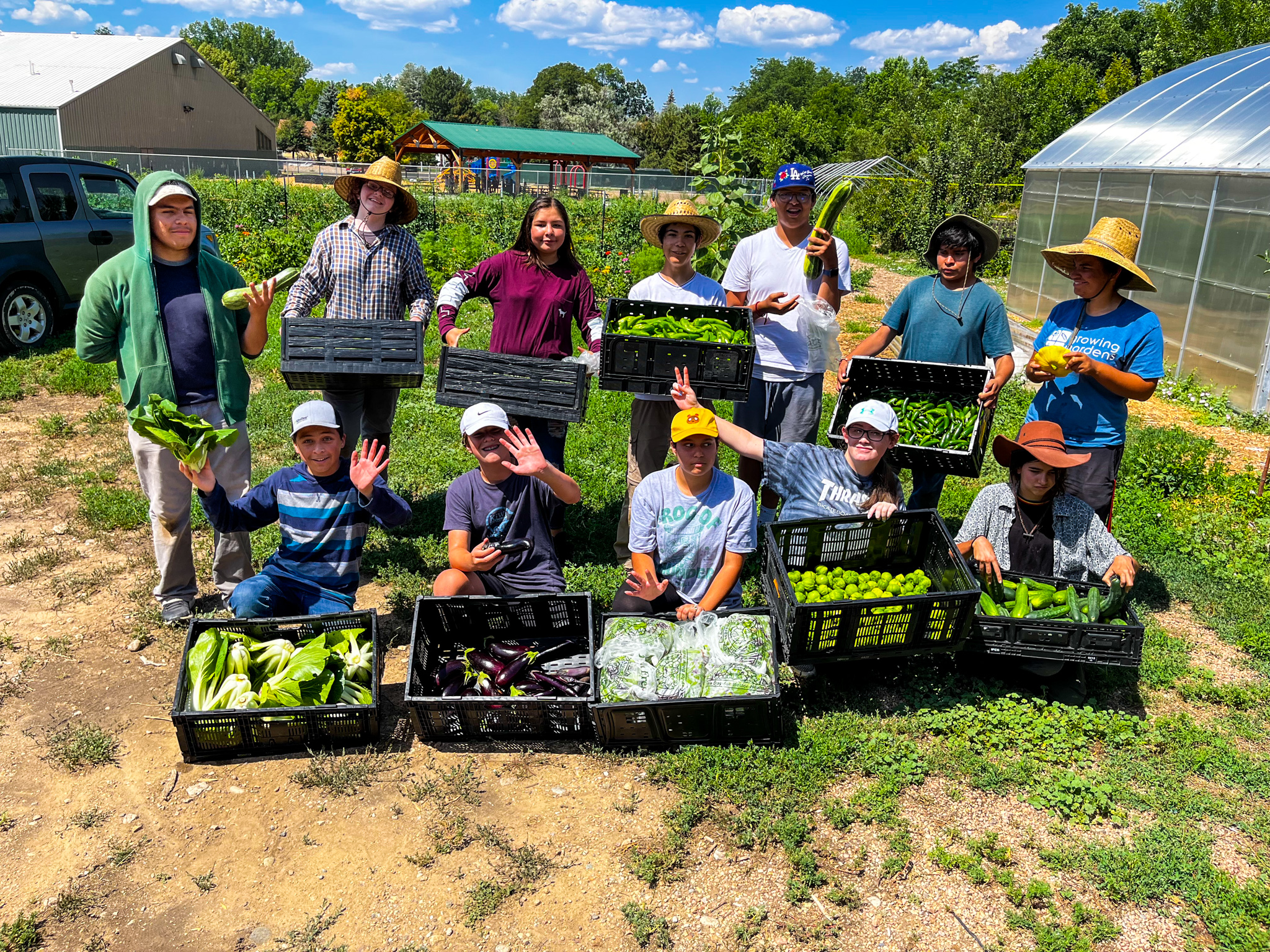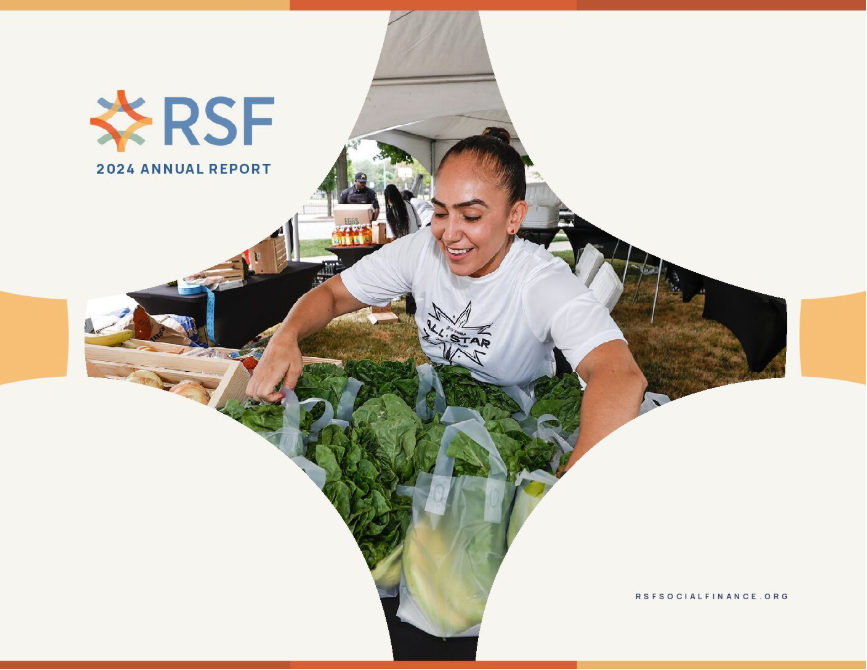Bill Harris was on a Habitat for Humanity mission to Guatemala when he befriended a local coffee farmer in 1997. As they spoke, Harris learned that even though farmers did most of the hard work necessary for a great cup of coffee, they received little money in return. To remedy this, Harris decided to start his own roastery, Café Campesino, in Americus, Georgia, where he lived. He ordered a container (about 40,000 pounds) of green coffee from a Guatemalan farmer cooperative and paid top prices, hoping to put more money in the pockets of small-scale coffee farmers.
Harris had worked in the food industry before, but he still was shocked when he arrived home to discover how much coffee a container held. It was way more than one start-up roaster could use. So he got in his Volkswagen van and drove around the Southeastern U.S. trying to find roasters who would buy a share of his coffee and join with him to continue importing coffee at fair prices for farmers.
One of the roasters, Mike Mays of Louisville, Kentucky, met him in an airport parking lot with a bag of cash. As he handed Harris the money, Mays thought, “I am never going to see this money again.”
But he did. By 1999, Harris had recruited six roasters, including Mays, and started Cooperative Coffees, an importing cooperative now based in Georgia and Montreal. Over the past 20 years, Cooperative Coffees has grown to 23 members—local roasters across the U.S. and Canada—and is an industry leader in paying generous prices for coffee beans. “We want to be the top payer in our supply chain,” says Ed Canty, general manager of Cooperative Coffees, “because producers [small-scale farmers and cooperatives] deserve more money for the products they’re selling.”
This commitment is what ultimately led Cooperative Coffees to RSF. “When we switched to RSF, we felt we had finally found a lender that understands our mission and is excited about it. It’s a great partnership.”
Pushing the industry to do better
To create a sustainable livelihood for its producers in places such as Peru, Ethiopia and Honduras, Cooperative Coffees has always paid top dollar for beans. In fiscal year 2019–20, for example, the cooperative paid $2.51 a pound for beans—2.3 times the commodity price at the time. This amount included a voluntary three cents per pound that every member contributes to the cooperative’s Carbon, Climate and Coffee Impact Fund.
Created to offset roasters’ carbon emissions in the future, the fund currently distributes grants to farming communities for projects such as reforestation, a compost facility, and tree inventories, based on what producers told the co-op they needed. During the pandemic and an active hurricane season in Central America, Cooperative Coffees pivoted to using $180,000 of this money to ensure farmers’ food security and access to medical care.
Cooperative Coffees prides itself on cultivating long-term relationships with its growers. This past year, 100% of the purchases Cooperative Coffees made were from producers it has been working with for three years or longer, and 68% were from producers it has worked with for 10 years or longer.
The cooperative is Fairtrade certified, but to this group of roasters, that wasn’t enough. To promote more transparency in the coffee industry, Cooperative Coffees also started a website, fairtradeproof.org, which provides details on its members and producers and offers visibility into every contract the co-op has ever executed, including the price paid to farmers.
“This was unprecedented in the industry and remains unmatched, though competitors and peer importers have started to take notice. It’s what makes Cooperative Coffees a perfect fit for us,” says Casey Johnson, relationship manager for RSF’s Food & Agriculture lending portfolio. “They’re paving the way for a more transparent and fair coffee-buying ecosystem.”
“These guys are so aligned with us, it’s crazy”
Cooperative Coffees has been consistently profitable, with an annual growth rate of 8% to 10%. But because of its co-op model—and its members’ decision to prioritize mission over profits—it has struggled to find the right financing relationship. “Three years ago, we were working with a bank that never understood our social mission,” Canty says. “Their sole focus was the profitability in our business. While that’s important, they missed the bigger picture of who we are and what we set out to accomplish.”
In addition to being fed up, Cooperative Coffees also needed a line of credit to bridge cash flow across inventory and accounts receivable. Like many enterprises that buy agricultural products, Cooperative Coffees often pays its producers months before members purchase their shares to roast. With a line of credit, they can finance that lag time. And they also have a better chance of staying stable if the volatile commodity price of coffee shoots up.
Harris (who was by then the co-op’s chief financial adviser) reached out to RSF, which had been on his radar for years. RSF invited everyone to the table and had a long conversation with Cooperative Coffees about its mission and financials, during which Canty realized, “These guys are so aligned with us, it’s crazy. Widening the circle to include buyer and seller, bringing us all into the conversation and then getting a better result: That’s what we’re all about.”
RSF issued a $5 million line of credit to Cooperative Coffees in 2018. In July 2020, in the heart of the pandemic, the cooperative experienced what Canty calls a “cash flow hiccup.” With producers expressing an urgent need to move coffee shipments out of their communities while trade routes were open, Cooperative Coffees needed more cash to manage the next four months of trade. RSF quickly upped that credit line to $5.5 million. It was the kind of quick action Canty could never have maneuvered with a bank. RSF subsequently increased the credit line to $6 million to support the co-op’s growth.
As part of its integrated capital approach, RSF also recently made a $450,000 equity investment in Cooperative Coffees. RSF was entitled to a 6.5% annual dividend but chose to take only 4.5%. It’s donating the other 2% to help Cooperative Coffees further its mission and diversify its membership base. “Decision-making like this is one of the reasons I love these guys,” Canty says.
The key to a good night’s sleep
Most of all, though, Canty loves RSF because the lender has allowed the cooperative to stay in business without sacrificing its values. Cooperative Coffee has leveraged its own $2.6 million in equity and RSF’s $6 million in loans and equity to purchase $16 million worth of coffee every year. That means a lot of farmers go to sleep at night knowing they can feed their families. It helps Canty too.
“Everything we do, we’re able to do because of a great financing relationship,” he says. “The fact that we can change course quickly with informed decision-making from a lender that believes in our vision of equity through trade—I don’t even know how to quantify that. Before RSF, it’s what I lost sleep over at night.”


